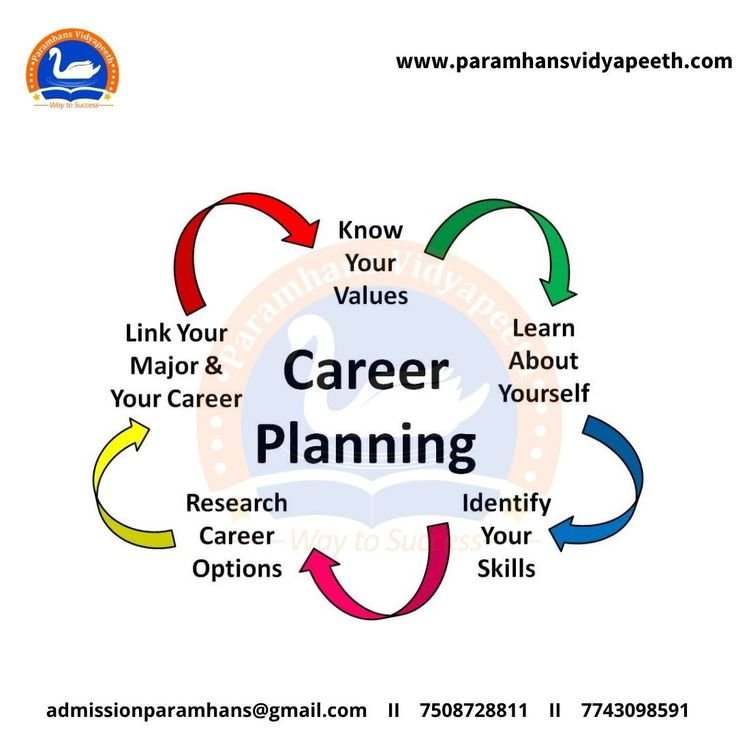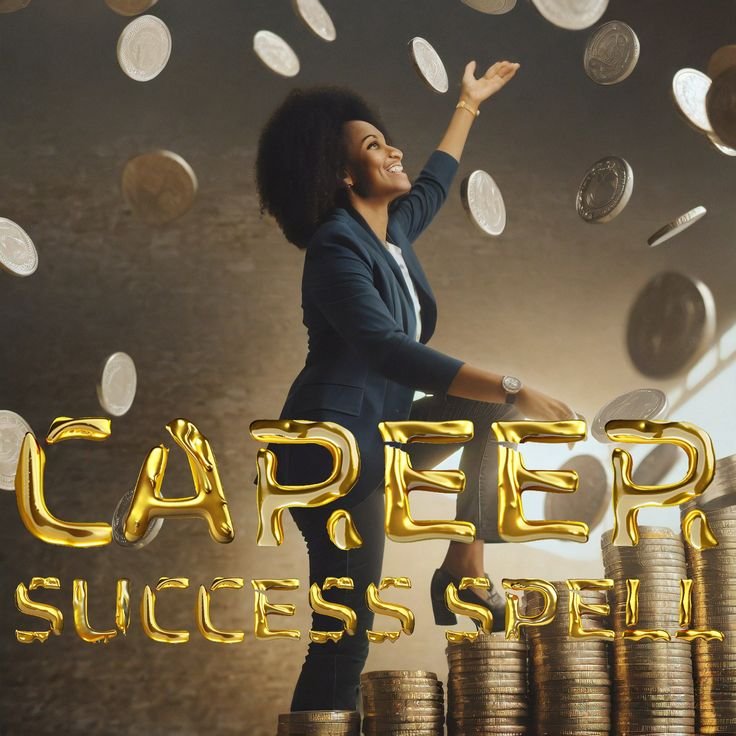We inherit a dangerous myth about careers: that they’re highways with clear exits, predictable rest stops, and a final destination called “success.” We’re handed maps at graduation—degrees, certifications, entry points—and told to follow the route. But real careers unfold like wilderness expeditions. There are unexpected switchbacks, hidden trails, and moments when the path vanishes entirely. The professionals who thrive aren’t those with the best maps; they’re those who’ve learned to read the terrain, trust their instincts, and build their own compasses.
The Illusion of the Linear Path
The industrial age bequeathed us the career ladder—a rigid, vertical climb with rungs marked by titles, salaries, and tenure. This model made sense when economies were stable, industries endured, and workers stayed with one company for decades. Today, it’s a relic. The average person changes jobs 12 times in a lifetime, and 30% of workers transition into entirely new fields every decade. Yet we still cling to ladder imagery, judging ourselves against an obsolete standard.
Consider the psychological toll. When careers stall or detour, we feel failure—not because we’ve stopped growing, but because we’ve strayed from a fictional path. The marketing director who pivots to teaching feels “behind.” The engineer who starts a bakery sees it as a step down. This linear thinking creates what sociologist Orrin Edgar Klapp called “identity lag”—a painful gap between who we are and who we think we should be based on outdated maps.
The Hidden Architecture of Modern Careers
Careers today aren’t ladders; they’re ecosystems. They grow laterally, branch unexpectedly, and thrive on diversity. Three forces reshape this landscape:
1. The Half-Life of Skills
Technical skills now depreciate faster than ever. A programming language mastered today may be obsolete in five years. A marketing strategy that worked last quarter may flop tomorrow. This makes continuous learning non-negotiable. But more critically, it shifts value from what you know to how you learn. Adaptability isn’t a soft skill; it’s career oxygen.
2. The Portfolio Economy
Careers increasingly resemble investment portfolios—diversified to manage risk. A nurse might also be a health-tech consultant. A teacher might develop educational apps. This isn’t “side hustling”; it’s strategic resilience. Multiple income streams and skill sets create buffers against industry disruption while feeding curiosity.
3. The Meaning Mandate
Beyond salary, workers demand purpose. A 2023 McKinsey study found 70% of employees define their “dream job” primarily by its impact, not its prestige. This transforms careers from status climbs into journeys of contribution. The software engineer optimizing medical AI, the lawyer fighting environmental policy, the accountant helping nonprofits thrive—these aren’t jobs; they’re vocations reframed through purpose.
The New Career Navigators
In this uncharted territory, traditional guidance fails. “Follow your passion” is useless without practical pathways. “Climb the ladder” ignores lateral growth. Instead, modern careerists need new navigational tools:
1. The Curiosity Compass
Replace passion with curiosity. Passion is intense but narrow; curiosity is expansive and sustainable. It asks: What problems intrigue me? What skills energize me? What needs do I notice that others overlook?
Take Sarah, a corporate lawyer who felt unfulfilled despite her “success.” Instead of quitting, she followed her curiosity about food systems. She started volunteering at urban farms, took agricultural policy courses, and eventually transitioned into sustainable food law—not by abandoning law, but by redirecting it. Curiosity, not passion, illuminated the path.
2. The Skill Web
Think of skills not as isolated competencies but as interconnected webs. Your “transferable skills” are the threads connecting different roles. The teacher’s classroom management becomes the startup’s team leadership. The journalist’s research abilities become the product manager’s user insights.
Map your web:
- Technical Skills: Specific tools or knowledge (coding, financial analysis)
- Functional Skills: How you operate (project management, communication)
- Adaptive Skills: How you think (creativity, critical thinking)
The strongest careers weave these threads across contexts. A data scientist might apply technical skills to healthcare, functional skills to team leadership, and adaptive skills to ethical AI development—all in one role.
3. The Experimentation Mindset
Careers aren’t planned; they’re discovered through small experiments. Rather than leaping into uncertainty, conduct low-risk probes:
- Volunteer for cross-functional projects
- Take evening courses in adjacent fields
- Interview professionals in roles you admire
- Freelance in potential new domains
Each experiment generates data about what energizes you, where you add value, and what’s viable. Over time, these small tests reveal patterns no career counselor could predict.
The Obstacles That Derail Journeys
Even with new tools, career navigation faces headwinds:
The Identity Trap
We fuse our identities with our job titles. “I am an engineer,” not “I do engineering.” This makes pivots feel existential rather than practical. The antidote? Separate role from identity. You’re not your job title; you’re the sum of your skills, values, and impact.
The Comparison Engine
Social media turns careers into highlight reels. We see peers’ promotions and launches, missing their struggles and doubts. This fuels what psychologists call “social comparison bias”—judging our behind-the-scenes reality against others’ curated performances.
The Certainty Illusion
We crave predictability in an unpredictable world. This leads to “analysis paralysis”—endless research without action. But career growth happens at the edge of competence, in the discomfort of not knowing.
Building Your Career Compass
A reliable compass combines internal clarity with external awareness:
Internal Calibration
- Values Clarification: What principles are non-negotiable? Autonomy? Creativity? Service?
- Energy Audits: Track activities that drain vs. energize you for two weeks. Patterns emerge.
- Legacy Questions: What impact do you want to have? How do you want to be remembered?
External Mapping
- Trend Spotting: What industries are growing? What problems need solving?
- Network Weaving: Build relationships across fields, not just within your silo.
- Skill Scanning: What abilities are emerging? What’s becoming obsolete?
Integration Rituals
- Quarterly Reviews: Assess not just performance, but alignment and growth.
- Mentorship Circles: Both give and receive guidance across career stages.
- Learning Sprints: Dedicate focused time to acquire new skills quarterly.
Case Studies in Compass Navigation
The Doctor Who Became a Designer
Dr. Maya Patel loved medicine but felt drained by hospital bureaucracy. Through volunteering at a health-tech startup, she discovered her passion for user experience design. Instead of abandoning medicine, she merged it—becoming a UX researcher specializing in healthcare apps. Her compass pointed to the intersection of her expertise and emerging needs.
The Banker Who Built Community
After 15 years in finance, Marcus Chen felt disconnected from impact. He started teaching financial literacy at a community center. This small experiment revealed his gift for making complex concepts accessible. Today, he runs a nonprofit creating financial tools for underserved communities—leveraging his banking skills while addressing systemic inequity.
The Teacher Who Transformed Education
Elementary school teacher Aisha Jackson noticed her students struggled with focus. She began experimenting with gamified learning in her classroom. When other teachers adopted her methods, she developed a platform to share these tools. Now, she leads an edtech startup that reaches thousands of students—proving career growth can amplify rather than abandon your roots.
The Future of Work Is Human
As AI automates routine tasks, uniquely human capabilities gain value:
- Empathic Connection: Understanding unspoken needs
- Ethical Judgment: Navigating gray areas
- Creative Synthesis: Combining disparate ideas
- Adaptive Learning: Acquiring skills rapidly
These aren’t taught in degrees; they’re forged through diverse experiences, reflection, and intentional growth. The careers that endure will be those designed as journeys, not destinations.
Your Invitation to Navigate Differently
You don’t need a new job title; you need a new orientation:
- This Week: Conduct one career experiment—a conversation, a small project, a course.
- This Month: Map your skill web. Where are your threads strongest? Where could they lead?
- This Quarter: Define one non-negotiable value. How will your next role honor it?
Careers aren’t found; they’re forged through curiosity, experimentation, and courage. The map is yours to draw. The compass is yours to calibrate. The wilderness is yours to explore.
And in that exploration, you might discover the most profound truth: A meaningful career isn’t a destination you reach. It’s the person you become along the way.




